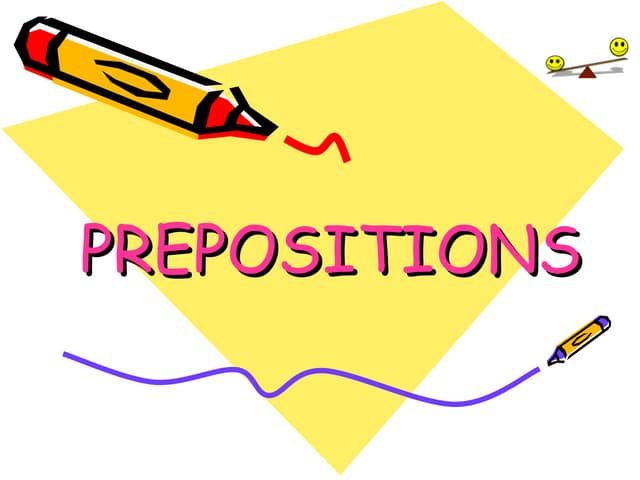“For” can be expressed in different ways in Russian according to the meaning of sentence. And of course, it means the need to use different cases and prepositions to build this sentences. So let's start now.
The recipient of something:
When we want to indicate the recipient noun, we use the dative case and we don't need any proposition.
A present for the girl - подарок девушке
This is for you - это тебе
He bought a house for himself - он купил себе дом
The recipient of an action:
We use the preposition ДЛЯ followed by the genitive case to indicate the recipient of an action. If you look at the second sentence “she done that for her brother”, it has to be understand as “she done something for the benefit of her brother”.
He came for work - он пришёл для работы
She done that for her brother - она это сделала для её брата
In exchange of, instead of something:
We use the preposition ЗА with the accusative form to design the recipient of the action. In the second sentence “he did it for me”, the phrase must be understood as "he did it instead of me".
Thanks for your help - спасибо за вашу помощь
He did it for (instead of) me - он это сделал за меня
If you compare the two sentences:
She done that for her brother - она это сделала для её брата
He did it for (instead of) me - он это сделал за меня
you see that both sentences can be translated in English by “for”. In Russian, the difference between both sentences are as follow:
She's done that for her brother - она это сделала для своего брата
means that “she has done something for the benefit of her brother” while
He did it for (instead of) me - он это сделал за меня
means that “he did it instead of me”.
If you need to reach the highest results in the Russian language learning. In the shortest period of time you definitely need one of our Intensive courses to learn Russian. To make the program more Intensive you may add additional individual hours to learn Russian language to the group classes and form Mix program. During the individual lessons of learning Russian, you will be able to ask all the questions, remained from the group classes, discuss with the teacher your homework and fill all the gaps in the Russian language knowledge you have ever had.
In the indication of duration of an action:
The accusative case is used in this case, but we don't use preposition. In the case of the first sentence, the person means that she's been reading for three hours, but not mentioning that she finished her book. The second sentence expresses that he worked in Moscow for two years, but maybe he hasn't finished his job and will come back after a while.
I read for three hours. - Я читала книгу три часа.
He worked in Moscow for 2 years. - Он работал в Москве два года.
In the indication of duration of a completed action:
With the preposition НА followed by the accusative case. Note that this construction is used after the action has been completed.
I flew to Moscow for a week. - Я улетала в Москву на неделю.
He read this book in three hours. - Он прочитал эту книгу на три часа.
To indicate your support for someone of something:
We use the preposition ЗА followed by the accusative case.
He is for a new school - он за новую школу
I'm for you! - Я за тебя
Apply for one of our programs and learn Russian in Russia, Moscow with the best teachers qualified in teaching Russian as a foreign language.
When giving a deadline:
Preposition НА with the accusative case.
A job for tomorrow - задание на завтра
Plans for next year - планы на следующий год
You can find some more articles about Russian grammar on our Russian Grammar Online page.

